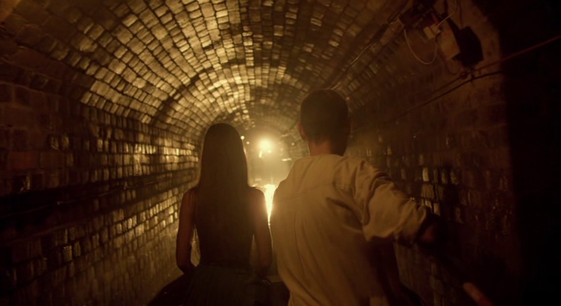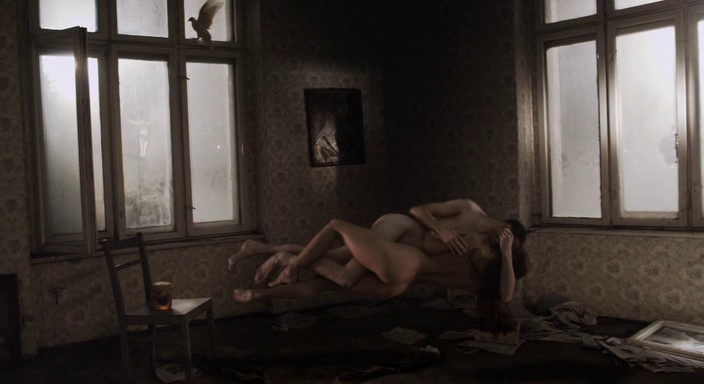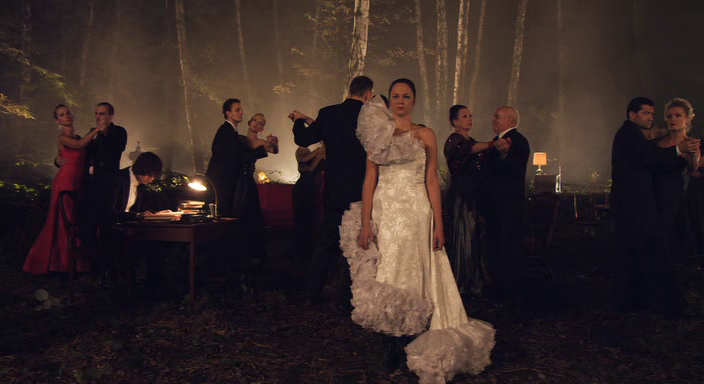 Drawing inspiration from Dante's The Divine Comedy, Lech Majewski's Onirica: Field of Dogs is a surrealistic dream of a film that is bound to be appreciated for its visuals alone. Dreamlike in execution, the narrative of Field of Dogs is centered around Adam, a poet and literature professor, who has lost his lover and best friend in a car crash. Consumed by grief, Adam quits his job and starts working at a supermarket, throwing away all hope. Onirica: Field of Dogs is a beautiful evocation on grief and loneliness that takes place in a dreamlike world somewhere between real-life and Adam's psyche. Pensive in approach, the film is a philosophical study of life and death, dispair and happiness, that juxtaposes Adam's personal tragedy with larger national tragedies that struck Poland, from the plane crash that resulted in the death of many members of parliament, to the vast floods that ravaged southern Poland. For me, Lech Majewski's film is a challenging film about the importance of hope, using Adam's personal struggle to personify this. While a lot of people have struggled to see the correlation between Dante's poem and Majewski's work, Adam's grief and eventual acceptance, which is illustrated by a beautiful surrealistic sequence towards the end of the film, seem to represent the three stages -Hell, Purgatory, and Paradise, in Dante's work. Visually the film is frankly another incredibly visual treat by Lech Majewski, who creates arresting imagery that consumes nearly every frame. I pariticularly loved the use of flouresent lighting in the supermarket, using the sterile glow of the lights as a symbol of Adam's psyche. A film that is probably only for the most dedicated fans of arthouse filmmaking, Lech Majewski's Onirica: Field of Dogs is a challenging piece of filmmaking that uses a meditative portait of one man's grief to touch on universal ideas surrounding life and death, and hope and defeat
0 Comments
Leave a Reply. |
AuthorLove of all things cinema brought me here. Archives
June 2023
|



 RSS Feed
RSS Feed
